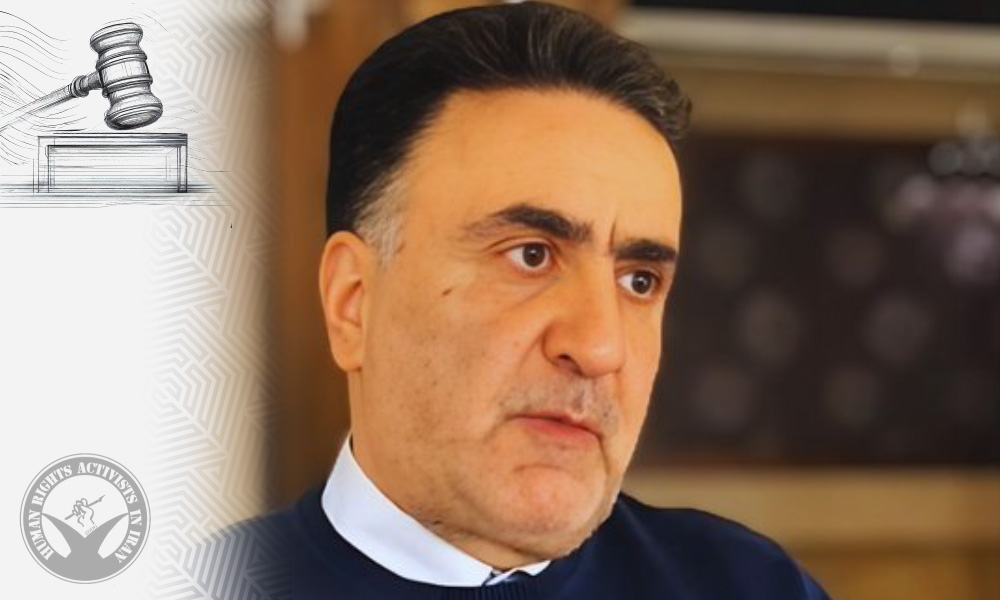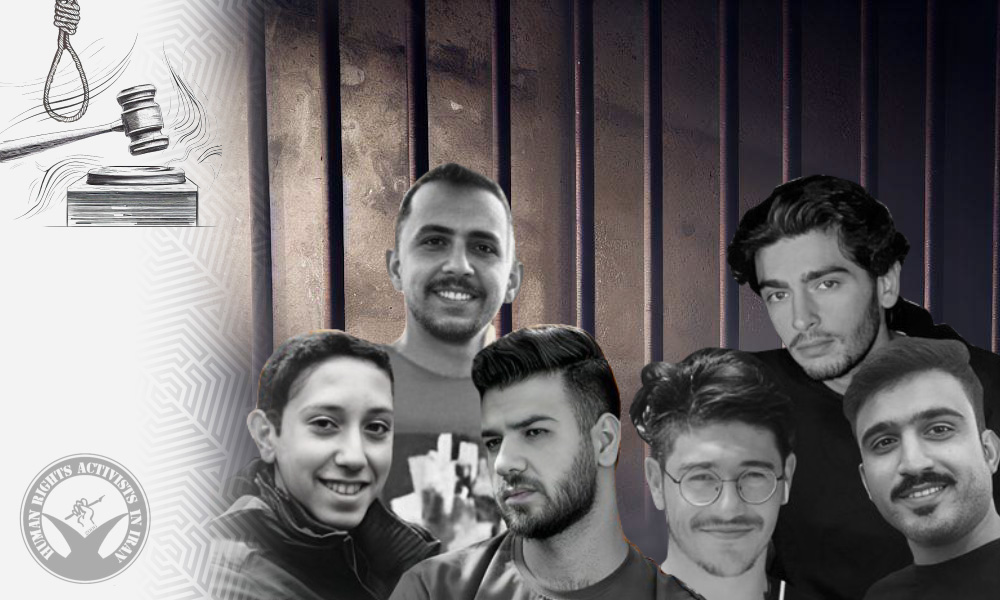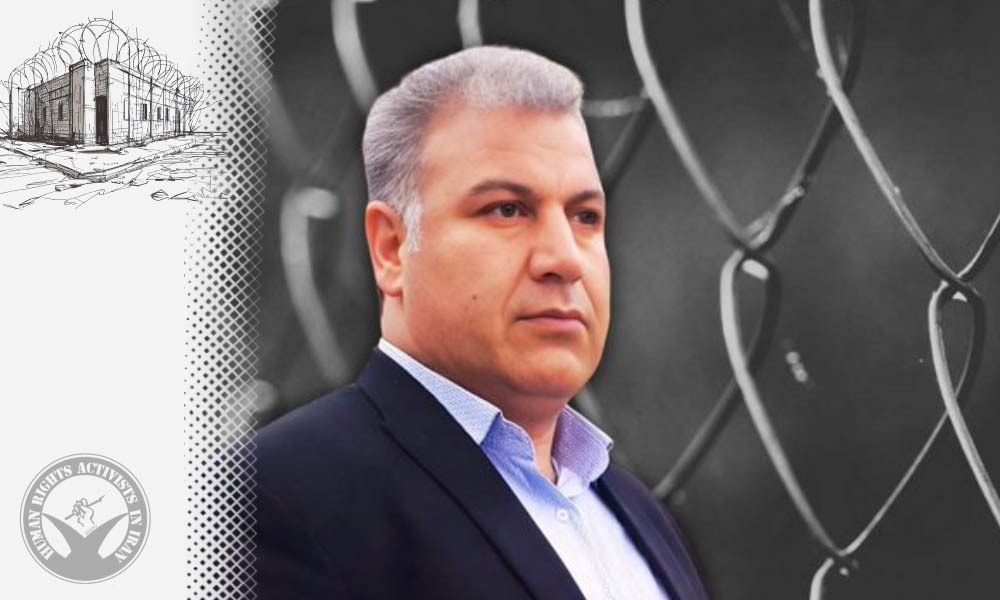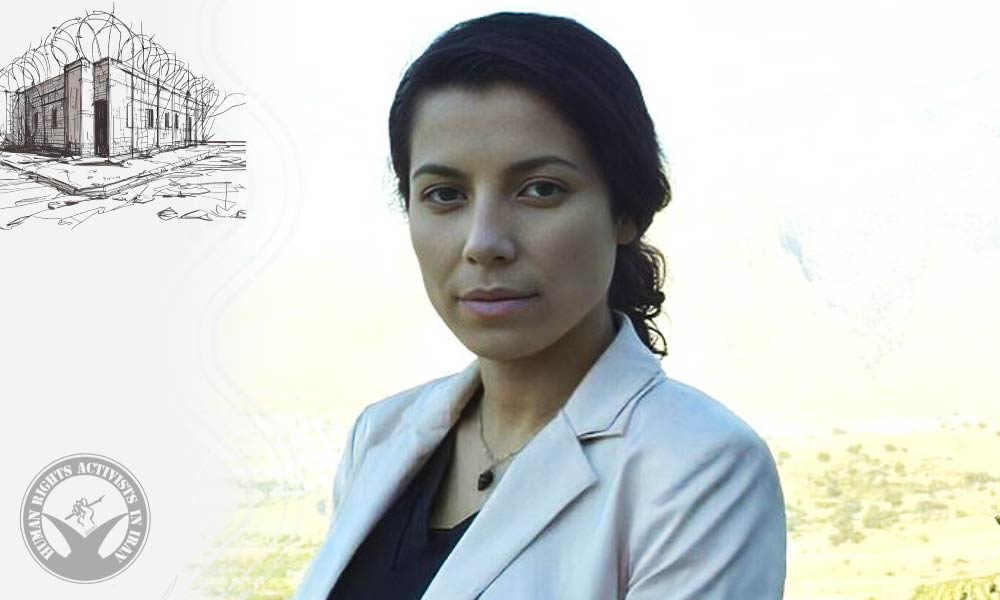The sentence of Morteza Parvin, an Azerbaijani-Turk activist currently imprisoned in Evin Prison, was reduced to five years by Branch 36 of the Tehran Court of Appeals. Previously, he had been sentenced to six years in prison by Judge Abolghasem Salavati.
Per the ruling issued by Branch 36 of the Tehran Court of Appeals, Mr. Parvin received a five-year prison sentence for the charge of “assembly and collusion against national security” and was acquitted of the charge of “propaganda against the regime.”
In late October of this year, Morteza Parvin had been sentenced by Branch 15 of the Tehran Revolutionary Court, presided over by Judge Abolghasem Salavati, to one year in prison for “propaganda against the regime” and five years for “assembly and collusion.”
A source close to the family of this Azerbaijani-Turk activist confirmed the news to HRANA, stating: “Mr. Parvin had also faced espionage charges in the past but was acquitted of those charges.”
Security forces detained Parvin in Ardabil on February 6, and after a few days, he informed his family of his transfer to Evin Prison. This incident is not the first time Parvin has faced arrest due to his involvement as an Azerbaijani-Turk activist.











 HRANA News Agency – Vahid Asghari, Iranian imprisoned blogger in Ward 350 of Evin prison began hunger strike due to he was transferred to Solitary Confinement in Ward 240 and banned of visiting for three weeks by judge Salavati.
HRANA News Agency – Vahid Asghari, Iranian imprisoned blogger in Ward 350 of Evin prison began hunger strike due to he was transferred to Solitary Confinement in Ward 240 and banned of visiting for three weeks by judge Salavati.